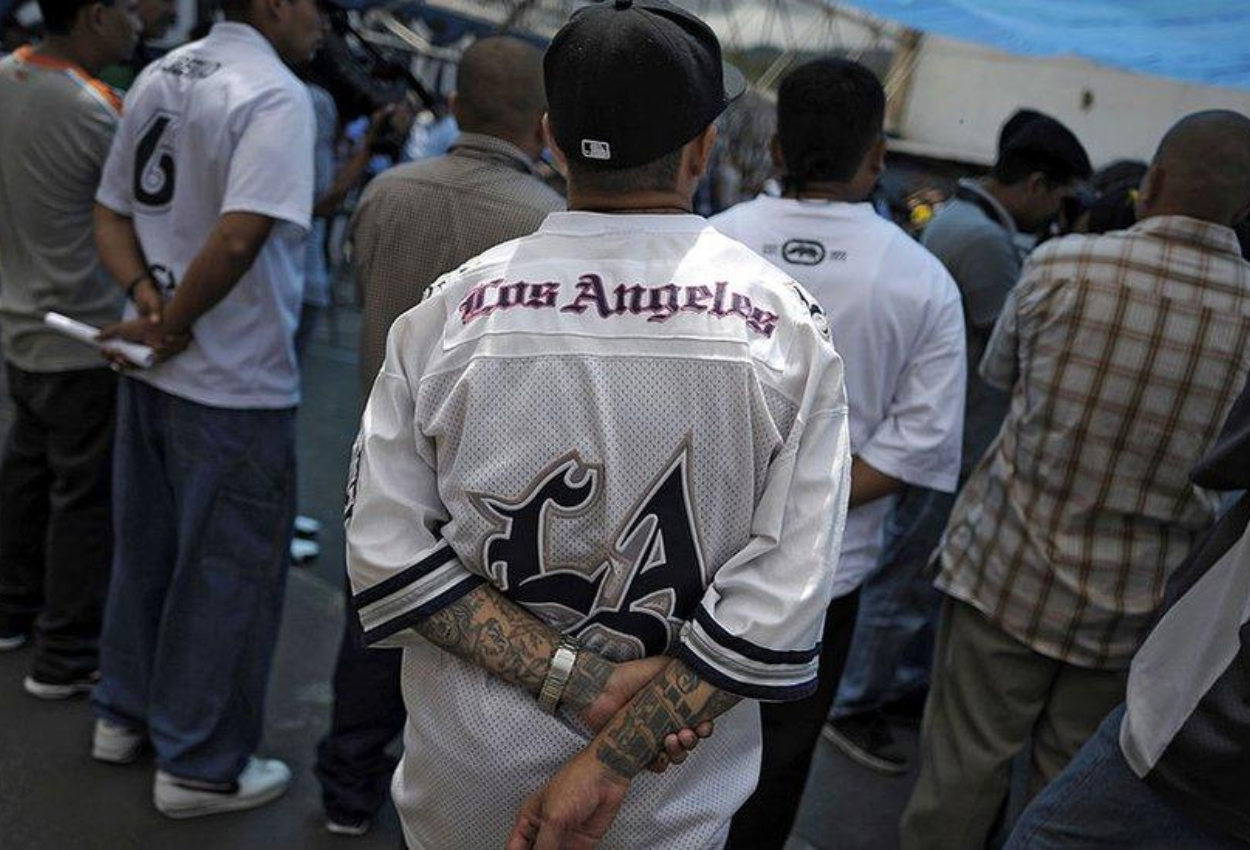Undocumented immigrants in Texas face unique challenges when it comes to understanding their rights. As the political landscape changes, questions have arisen about what protections exist for these individuals. While immigration laws are complicated, there are still certain rights that undocumented immigrants have, especially under the U.S. Constitution. However, Texas also has its own set of rules that affect their everyday lives.
What Rights Do Undocumented Immigrants Have in Texas?
Undocumented immigrants in Texas are protected by some important rights, even though the state has stricter immigration laws than many other places in the U.S. One of the key rights they have is the right to remain silent when questioned by law enforcement. They do not have to answer questions if they choose not to, and they can refuse to allow police or immigration officials into their home without a warrant.
Additionally, they have the right to due process, which means they must be treated fairly if detained or taken to court. This right ensures that anyone, regardless of their immigration status, is given a fair chance to defend themselves in legal matters.
How Do Federal and State Laws Impact Undocumented Immigrants?
Undocumented immigrants in Texas are still under the protection of federal laws. However, changes to these laws, especially under new political shifts, could impact their lives. For instance, while federal laws still provide some protection, there are concerns that new policies may make it harder for immigrants to live without fear.
One of the main concerns in recent times is the increased activity of U.S. Immigration and Customs Enforcement (ICE), which has been targeting certain immigrant groups more aggressively. In fact, it’s reported that the U.S. has about 11 million undocumented immigrants, with many of them living in Texas.
What Are the Rights Specific to Texas?
Texas has specific rights and policies that apply to undocumented immigrants. One of the most important is the right of children to attend public school. This right came from a U.S. Supreme Court decision called Plyler v. Doe, which originated in Texas. Thanks to this ruling, all children, regardless of their immigration status, can access free public education.
Another area where undocumented immigrants are protected is labor laws. In Texas, workers—regardless of their immigration status—are entitled to safe working conditions and fair wages. This ensures that employers cannot take advantage of undocumented workers by violating their rights.

However, there are also laws in Texas that restrict some opportunities for undocumented individuals. For example, they cannot get a driver’s license unless they can prove “lawful presence” in the U.S., which could include having Deferred Action for Childhood Arrivals (DACA) status.
Additionally, Texas enforces strict policies against “sanctuary cities.” Senate Bill 4, a law passed in 2017, requires local law enforcement to cooperate with federal immigration authorities, making it harder for some undocumented immigrants to avoid deportation. This law has made Texas different from other states that have more lenient policies on immigration.
What Does the Future Hold?
As political changes continue, the rights of undocumented immigrants in Texas may evolve. While federal protections are still in place, the state’s stricter policies make it difficult for some immigrants to feel secure. The ongoing debate around immigration laws shows that the rights of undocumented people are still very much a topic of concern.
In the coming years, it’s likely that we will see new changes in both federal and state immigration policies. These changes could either strengthen protections for undocumented immigrants or make life even harder for those living in Texas without legal status.
Conclusion
While undocumented immigrants in Texas face many challenges, they still have rights that protect them under the law. These include the right to remain silent, the right to fair treatment in court, and the right to send their children to public school. However, stricter laws in Texas make it clear that living as an undocumented immigrant in the state is not without its difficulties. As the political landscape shifts, it’s important to stay informed about how these changes may affect the rights of immigrants in Texas.
Disclaimer—Our team has checked this article to ensure its accuracy and eliminate any misinformation. We are committed to providing clear and reliable information for our readers.




